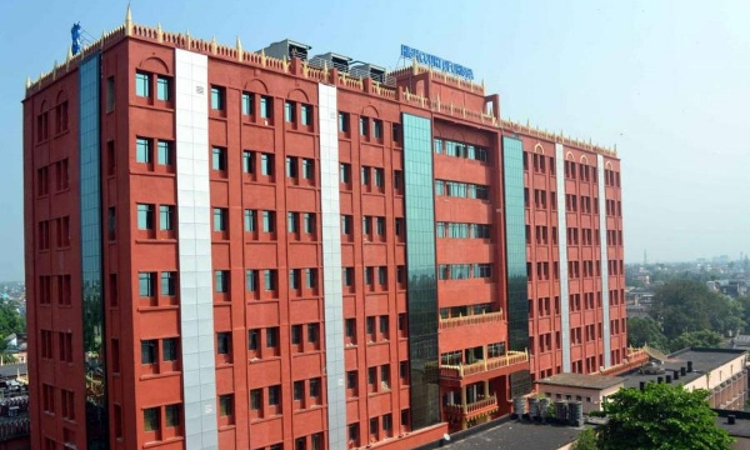Trader Not Liable To Pay Social Welfare Surcharge On Customs Duty Which Is Exempted Under MEIS Scheme: Orissa High Court
Kapil Dhyani
29 Nov 2024 1:25 PM IST

Next Story
29 Nov 2024 1:25 PM IST
The Orissa High Court has held that Social Welfare Surcharge (SWS) leviable on customs duty will be nil where a trader is exempted from paying customs duty under the Merchandise Exports from India Scheme (MEIS).Section 110 of the Finance Act 2018 contemplates levy of SWS on imported goods specified in the First Schedule to the Customs Tariff Act, 1975. As per sub-section (3), SWS is calculated...
